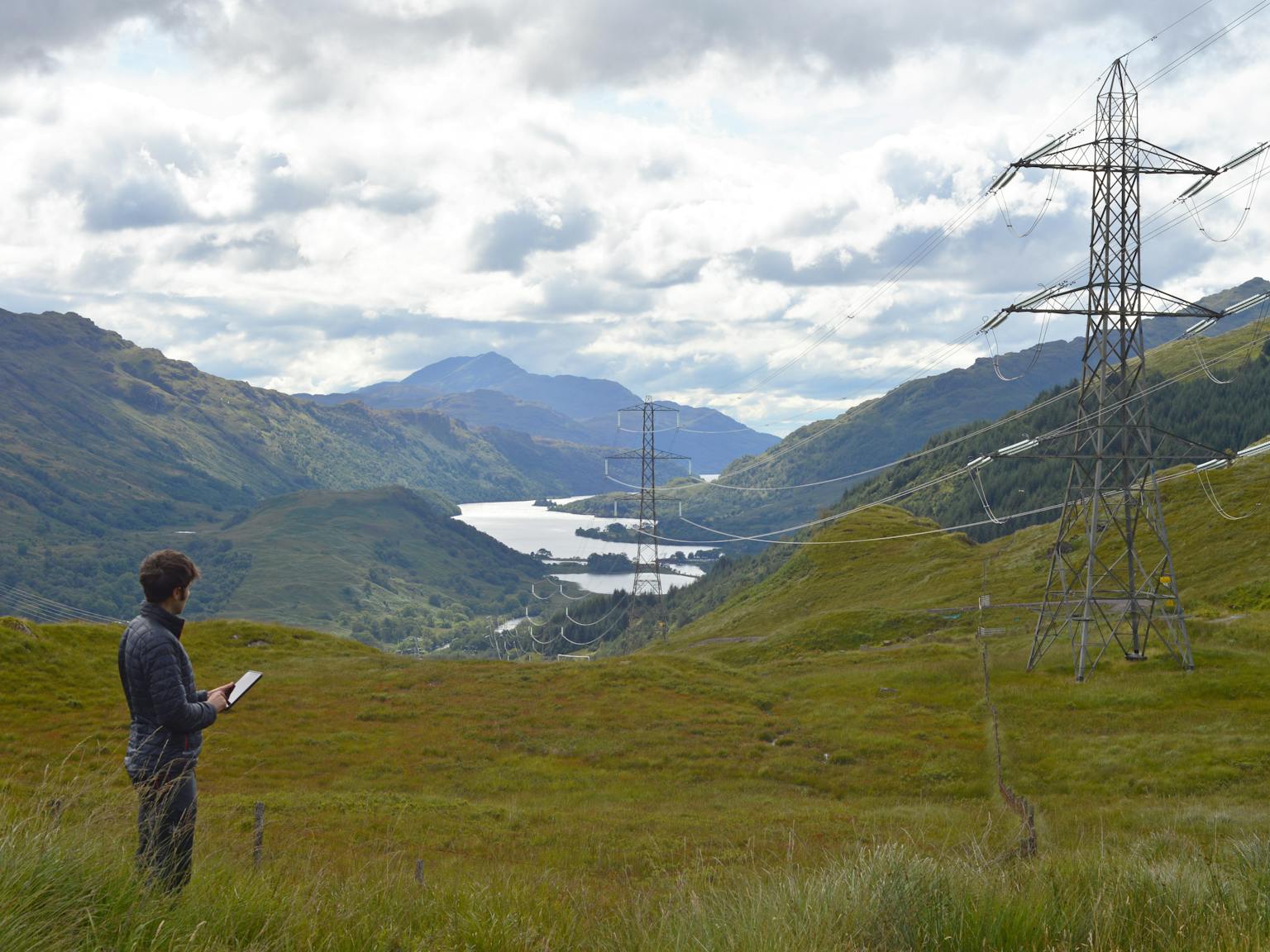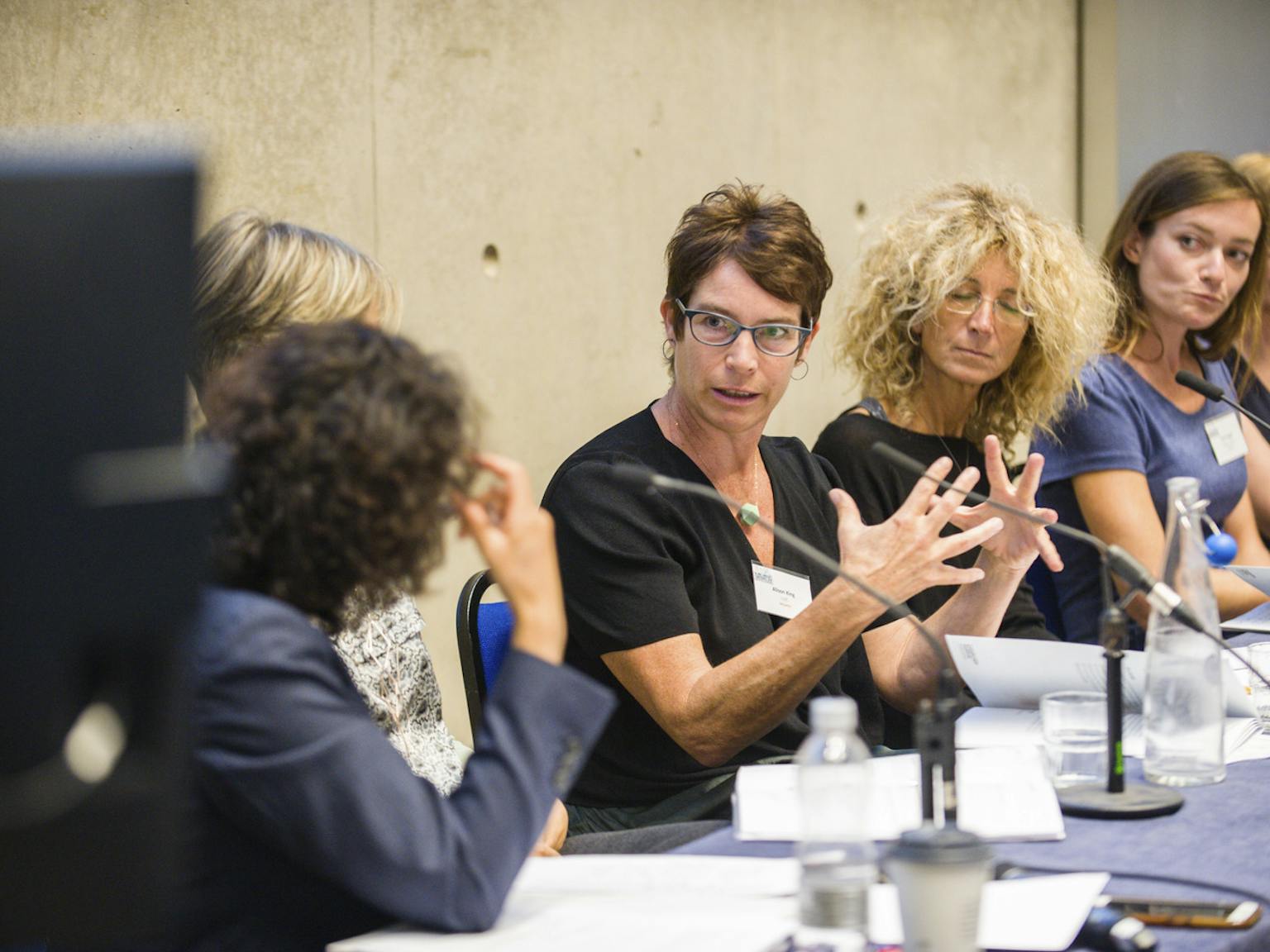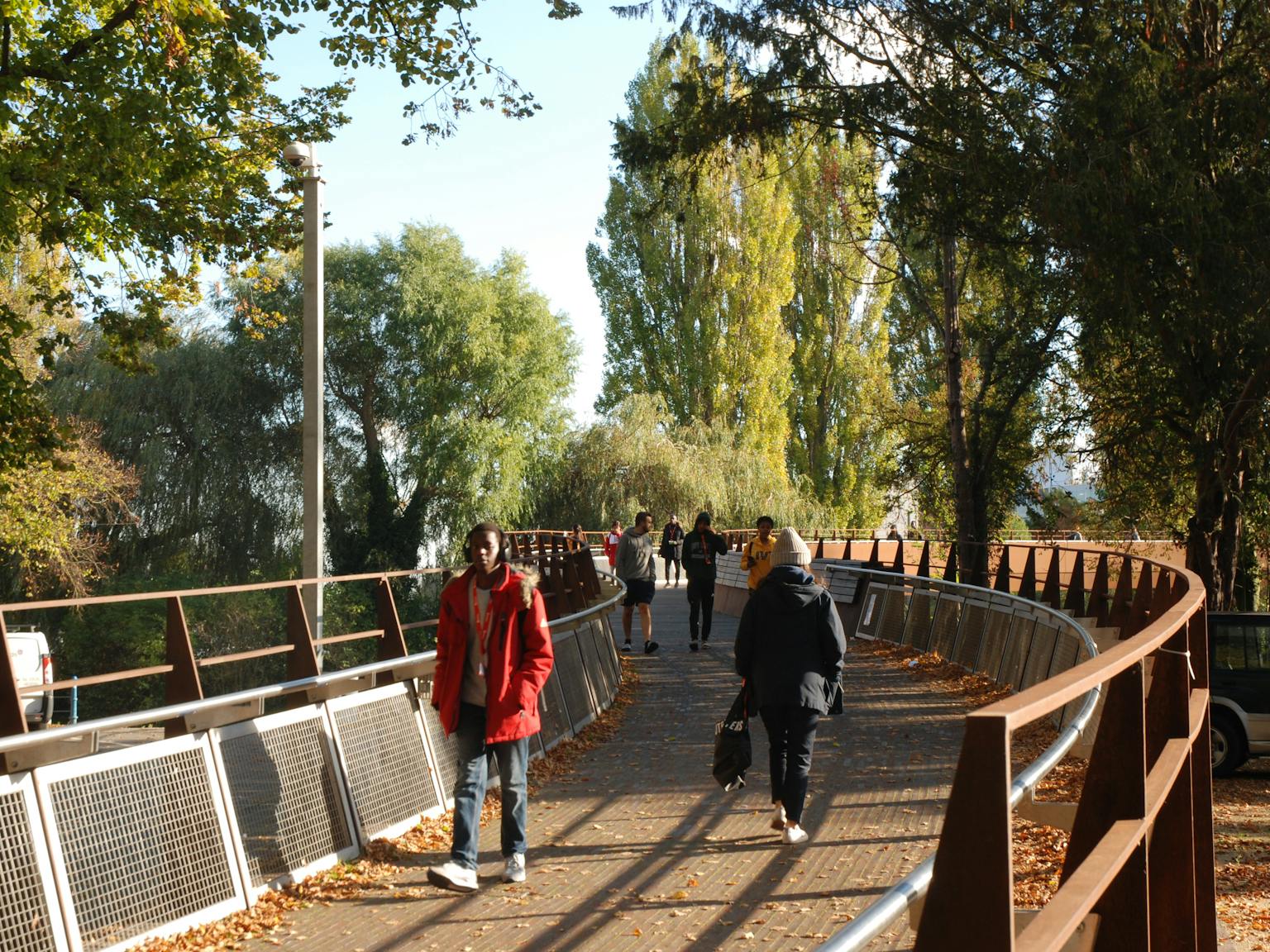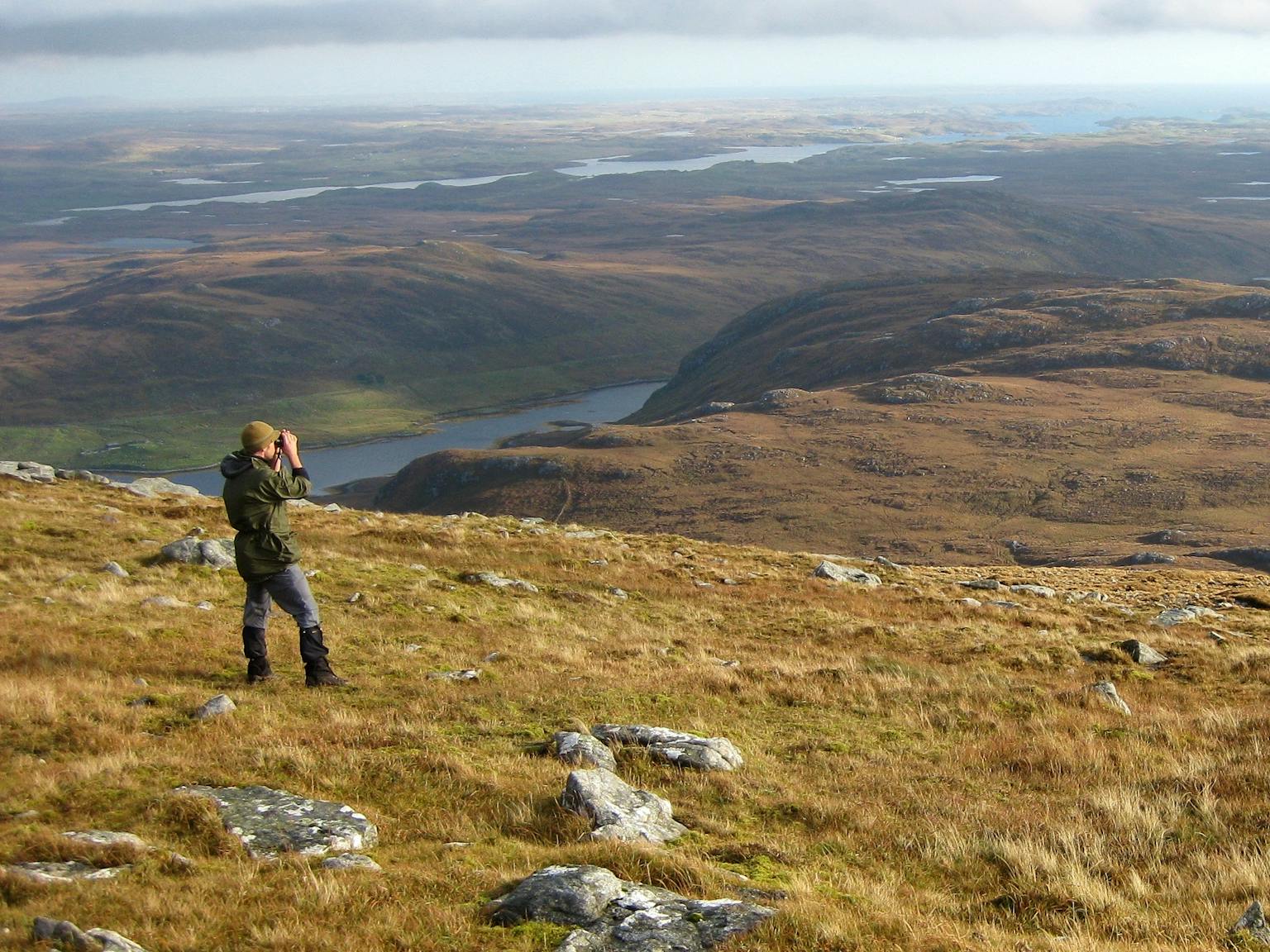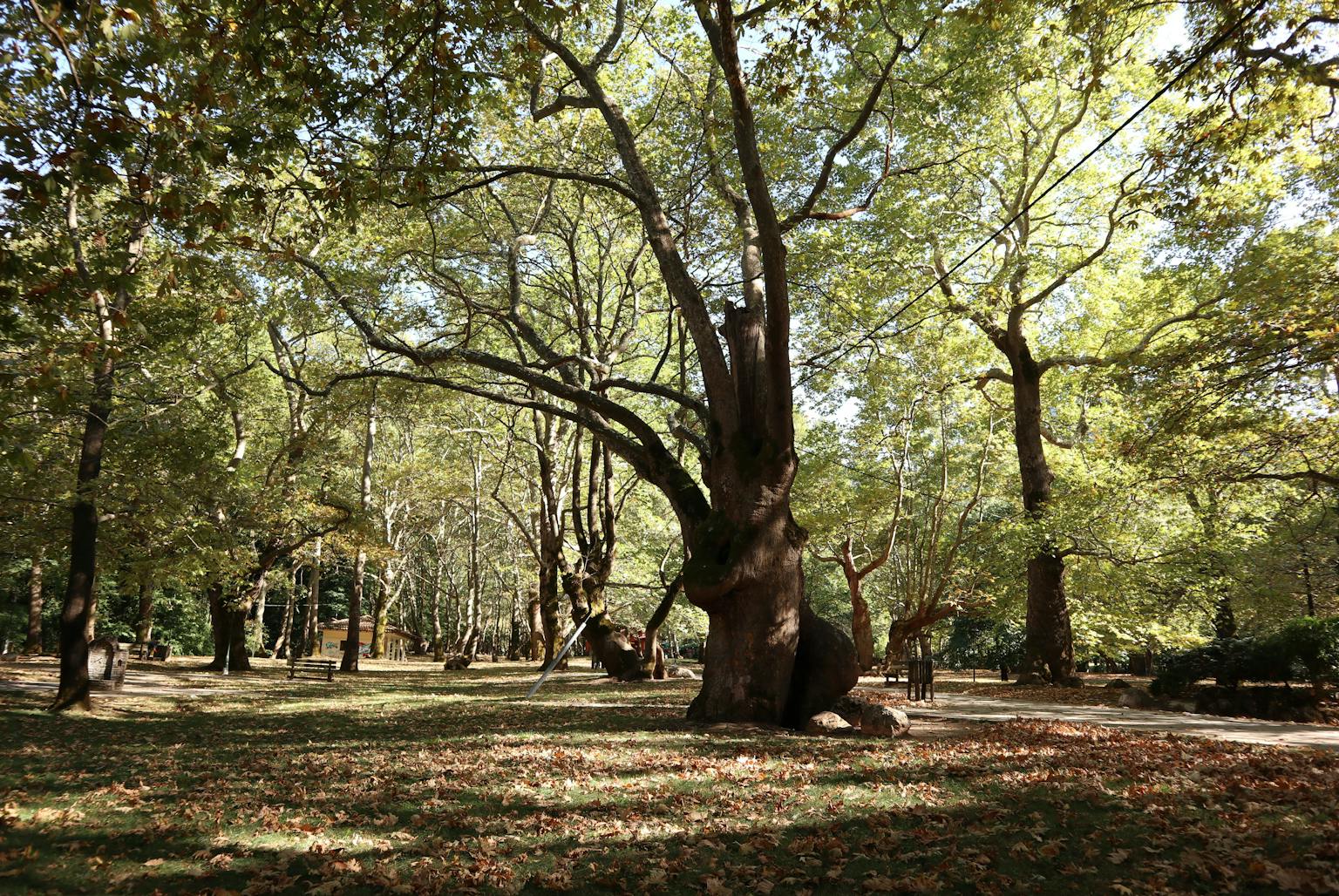
Dasgupta Review: Key headlines
Professor Sir Partha Dasgupta’s landmark global review of the economics of biodiversity was published on 2 February 2021. It concludes that our way of life is dependent on our most precious asset; nature, and that we therefore should consider the value of nature (both economic and intrinsic) alongside produced capital (roads, buildings and factories) and human capital (health, knowledge and skills).
This independent review was commissioned by the UK Treasury to:
- Assess the economic benefits of biodiversity globally.
- Assess the economic costs and risks of biodiversity loss.
- Identify a range of actions that can simultaneously enhance biodiversity and deliver economic prosperity.
What were the findings?
The review identifies that our relationship with nature is economically unsustainable, as we are depleting the natural environment faster than it can regenerate. This undermines nature’s productivity, resilience and adaptability – fuelling extreme risk and uncertainty for economies and wellbeing. The review suggests that we have failed to recognise the value of nature for the following reasons:
- We have come to see ourselves as separate from nature, but we are embedded in it and rely on the natural world for food, water, shelter, recreation and inspiration; to regulate our climate and disease; and to maintain nutrient cycles and oxygen production. Whilst our prosperity has come at a devastating cost to nature with the review estimating that we would require 1.6 Earths to maintain the world’s current living standards.
- Nature’s worth to society is not reflected in market prices because much of it is open to all at no monetary charge and many aspects underpinning the value of nature are mobile, silent or invisible. This has led to underinvestment in natural assets and exploitation is often hard to trace and largely goes unaccounted for – making it hard for markets to function well.
- Governments almost everywhere exacerbate the problem by supporting a system that pays people more to exploit nature than to protect it and to prioritise unsustainable economic activities. This, the review argues, is a market and institutional failure.
How can we improve the situation?
The review identifies that in order to positively alter the current position, we need to recognise that our economies are embedded in nature and therefore change how we think, act and measure success to account for this. The review outlines three broad transitions that are required in order to rebalance the supply and demand of nature’s services and move towards a more sustainable economic growth and development model.
- Ensure that our demands on nature do not exceed its supply and that we increase nature’s supply relative to current levels. This includes investing in nature-based solutions and Natural Capital as part of stimulus packages.
- Change our measures of economic success to move towards a more sustainable path. Currently using GDP as a measure of economic activity encourages unsustainable growth and does not account for depreciation of natural assets. Wealth therefore needs to be inclusive of all assets – the review terms this ‘inclusive wealth’ with natural capital being built into national accounting systems.
- Transform our institutions and systems – in particular our finance and education systems – to enable wider appreciation of nature’s value and sustain this appreciation for future generations. The review identifies that financial systems need to channel investments towards economic activities that enhance our stock of natural assets and encourage sustainable consumption. Furthermore, nature-based interventions will help people to connect with nature and improve health and wellbeing.
What impact could this review make?
Whilst the perilous state of the natural world is well documented, it is anticipated that incorporating nature’s value into our economic systems could have a profound impact on financial markets. Crucially, the review has been commissioned by the UK Treasury and is written using language that will resonate with the business community. This is a key strength of the review and bridges the gap that often exists between the economy and the value of nature – in a similar vein to the groundbreaking Stern review on ‘The Economics of Climate Change’.
The UN Biodiversity Conference (COP15) and UN Climate Change Conference (COP26), both due to take place in 2021, provide an opportunity to set the foundation for the global changes needed to meet the review’s recommendations, such as including nature in national accounting systems and establishing how to manage internationally important natural assets, such as rainforests and oceans. Similarly, the UN is convening a Food Systems Summit this year, to launch actions to move towards the creation of more sustainable food systems.
As well as international collaboration, these events should ensure cross-disciplinary collaboration, as the Review makes clear that social, environmental, and economic systems are intrinsically connected and need to be considered together. Look out for our opinion pieces on these throughout this vital year for the environment.
LUC continually seeks to ensure that our projects contribute to creating healthy, sustainable places that respect natural and built heritage. The review suggests that society should be seeking net gains for natural capital in all we do. LUC is experienced in working with Biodiversity Net Gain and Natural Capital evaluation, as well as developing Green Infrastructure strategies and helping local authorities achieve their biodiversity and climate change targets.
For advice on Biodiversity Net Gain or Natural Capital, please get in touch with Nick James.


